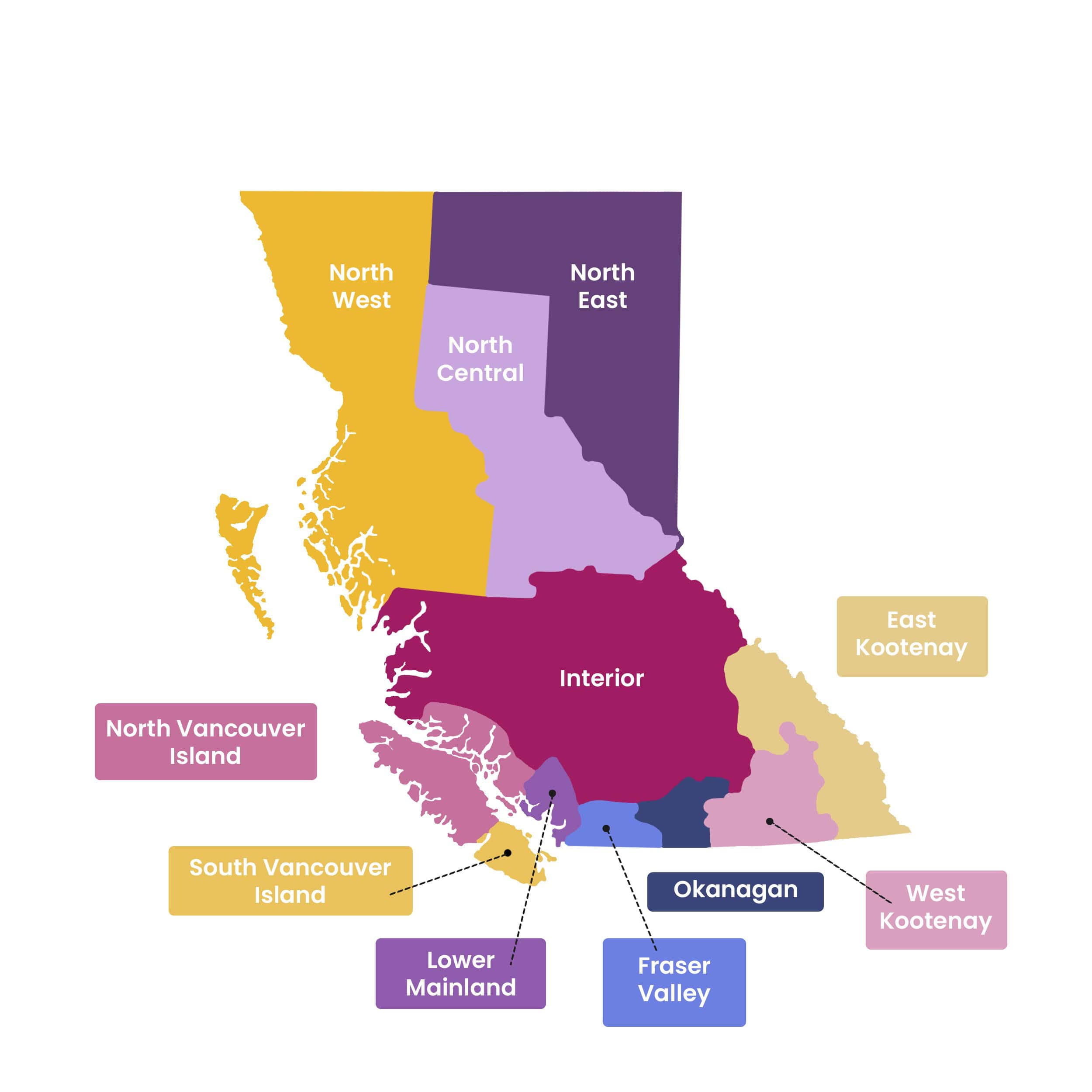Advocacy Helps Survivors Access Safe Healthcare
Survivor perception that healthcare services are unsafe is a significant barrier to seeking care. This perception can be a result of previous negative experiences, systemic discrimination, and victim blaming. Survivors may assume that: accessing a forensic exam automatically leads to police involvement, healthcare services are connected to child protection services, or believe that their health or personal information will be used against them (Canadian Paediatric Society, 2014; BC Women’s Hospital + Health Centre and Ending Violence Association of BC, 2023).
The links below provide information that can help survivors feel safe and supported when making decisions and accessing healthcare.
Survivor Rights and Consent
Access the link below for information on survivor healthcare rights and choices.
Read More
Survivor Confidentiality
Access the link below for information on how to help maintain survivor confidentiality in healthcare settings.
Read More
Medical Care and Forensic Exam Options
Reviewing the medical care and forensic exam options with the survivor can be helpful because the choices may be overwhelming or confusing. The survivor’s decisions will depend on what is available in your area and what the survivor wants.
Read More
Survivor Support Strategies and Resources
Access the link below for more information on how to support survivors with medical care and the forensic exam, and other resources such as Interpreting Services.
Read More

